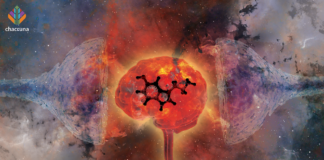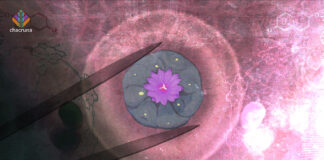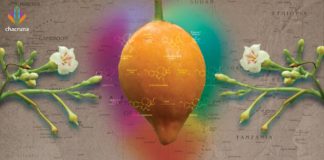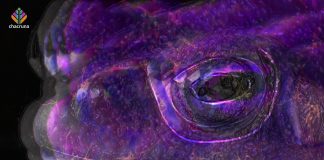Psychoactive Mushrooms in Mexico: Overview of Ecology and Ethnomycology
Anya Ermakova provides an overview of the psychoactive mushrooms found in Mexico & the cultural & conservation issues associated with them.
The “Unsung History” of Psilocybin Research: Gastón Guzmán and His Scientific...
Mycologist Gastón Guzmán Huerta dedicated his life to discovering and researching mushrooms of the genus Psilocybe.
Risks of Serotonin Syndrome when Combining Psychedelics with Antidepressants
Board Certified Psychiatric Pharmacists Dr.’s Ben Malcolm and Kelan Thomas recently published a review article discussing the risks of serotonin syndrome with various serotonergic psychedelics, either alone or in combination with serotonergic antidepressants. In this article, the authors offer a short summary of their main findings.
Could Synthetic Mescaline Protect Declining Peyote Populations?
The rise in popularity of peyote has unfortunately led to overharvesting which consequently poses a great risk for the future of the species. With the increasing need to protect peyote, synthetic mescaline may offer an alternative gateway into this experience that is bereft of issues regarding sustainability. This article summarizes the chemical composition and production of synthetic mescaline.
Iboga Conservation
This articles highlights conservation issues around Tabernanthe iboga, sacred plant medicine of the Bwiti and a common source of ibogaine used in the treatment of addictions.
When Ayahuasca Microdosing Might Cause Serotonin Toxicity
While there has been promising evidence of safety and effectiveness for ayahuasca macrodosing to treat depression, the medical risks and benefits of ayahuasca microdosing...
The Scientific Study of Ayahuasca Ethno-Varieties with Regina Célia de Oliveira
Jasmine Virdi interviews Regina Célia de Oliveira, a Brazilian biologist and professor at Brasília University, specializing in the study of Banisteriopsis caapi and other plants that make up the ayahuasca brew. In this article, Regina shares about the different varieties of the B. caapi vine, the deeply sophisticated knowledge of traditional peoples about these vines, and the importance of protecting these plant species amidst ongoing ecological destruction in the Amazon Rainfor-est.
Toad Conservation
There is an alarming global decline in lncilus alvarius toad populations, the toads who secrete 5-MeO-DMT, because of multiple ecological reasons and the increased interest in toad ‘milking’ for psychedelic experiences. Anya Ermakova, Ph.D. educates the reader on the ecological impacts of these toad populations and provides alternative, synthetic options for psychonauts who would like to use 5-MeO-DMT.
20 Best Books About Peyote and Mescaline
Anya Ermakova, Ph.D compiled a list of the 20 best books about peyote and mescaline. These non-fiction books about Lophophora williamsii are written by scholars of history, anthropology, religion, biology, and ecology and conservation.
Ayahuasca, Severe Illnesses, and the Mystery of Death
When someone is diagnosed with a severe, life-threatening illness, the affected individual may begin to ask several existential questions. The author, Lucas Maia, PhD, summarizes his findings from his doctoral thesis which studied the ritual use of ayahuasca and its therapeutic potential for those facing and fearing death.














